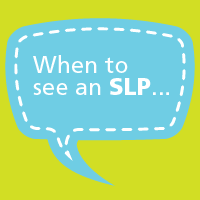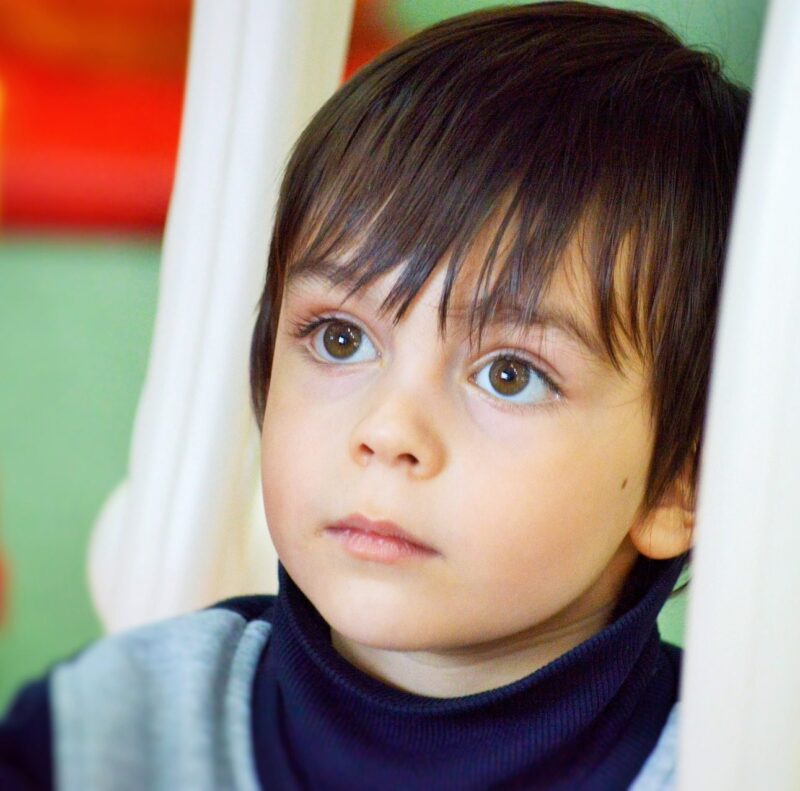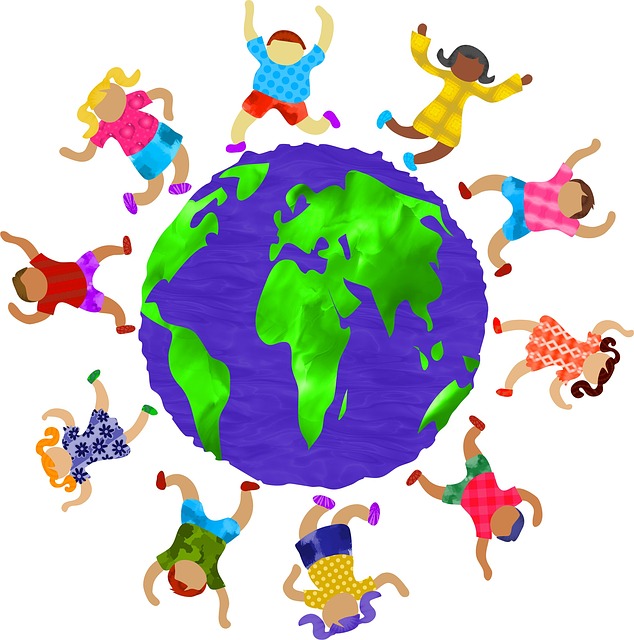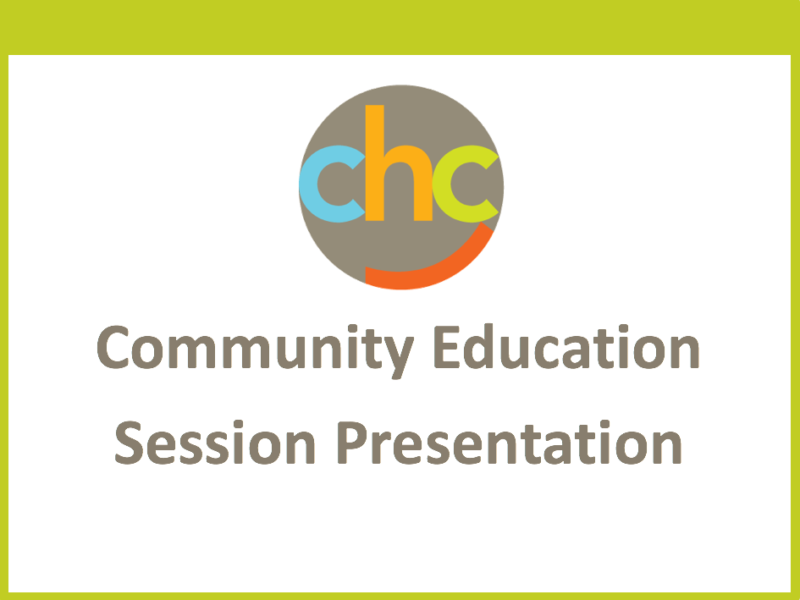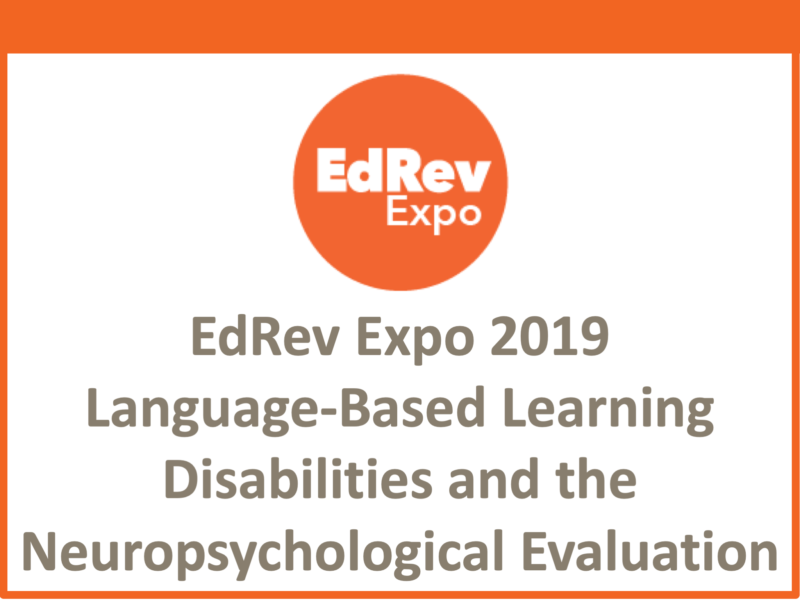
This workshop focuses on identifying students with language-based learning disabilities (LBLD); understanding the differences between LBLD and a non-verbal learning disability (NVLD); and understanding/interpreting the evaluation process including neuropsychological, educational, and speech-language testing. Melody O’Neil, M.S. Ed and Associate Director Read more >>
